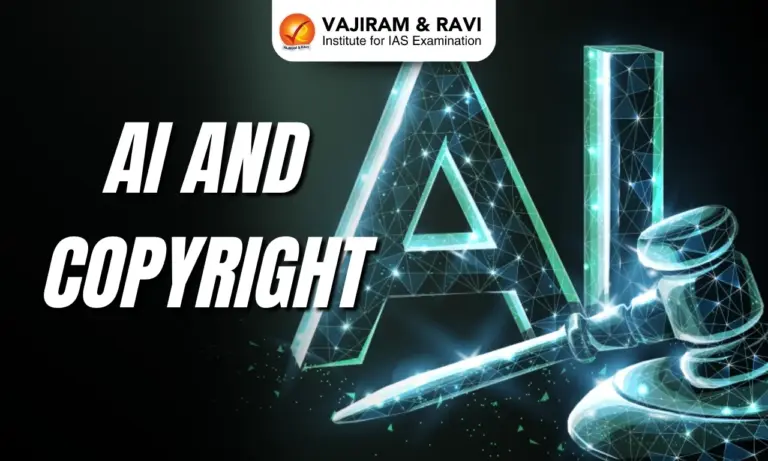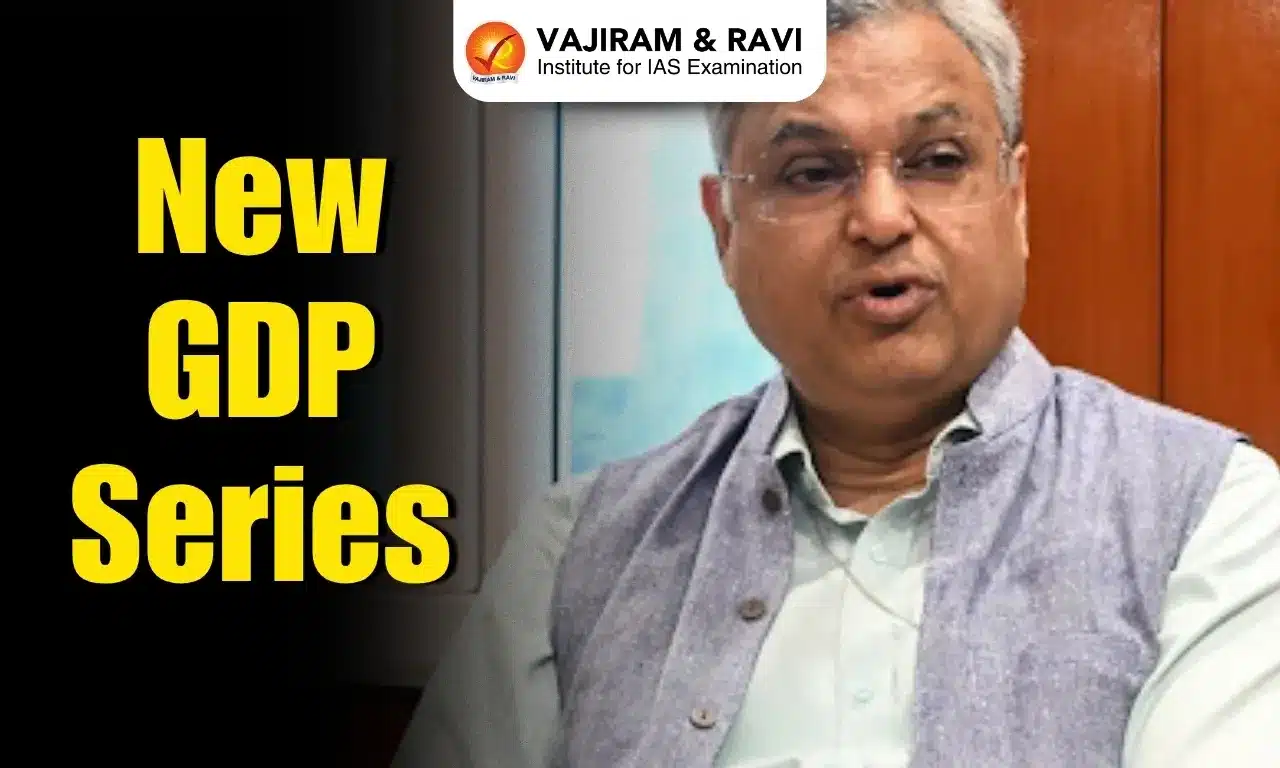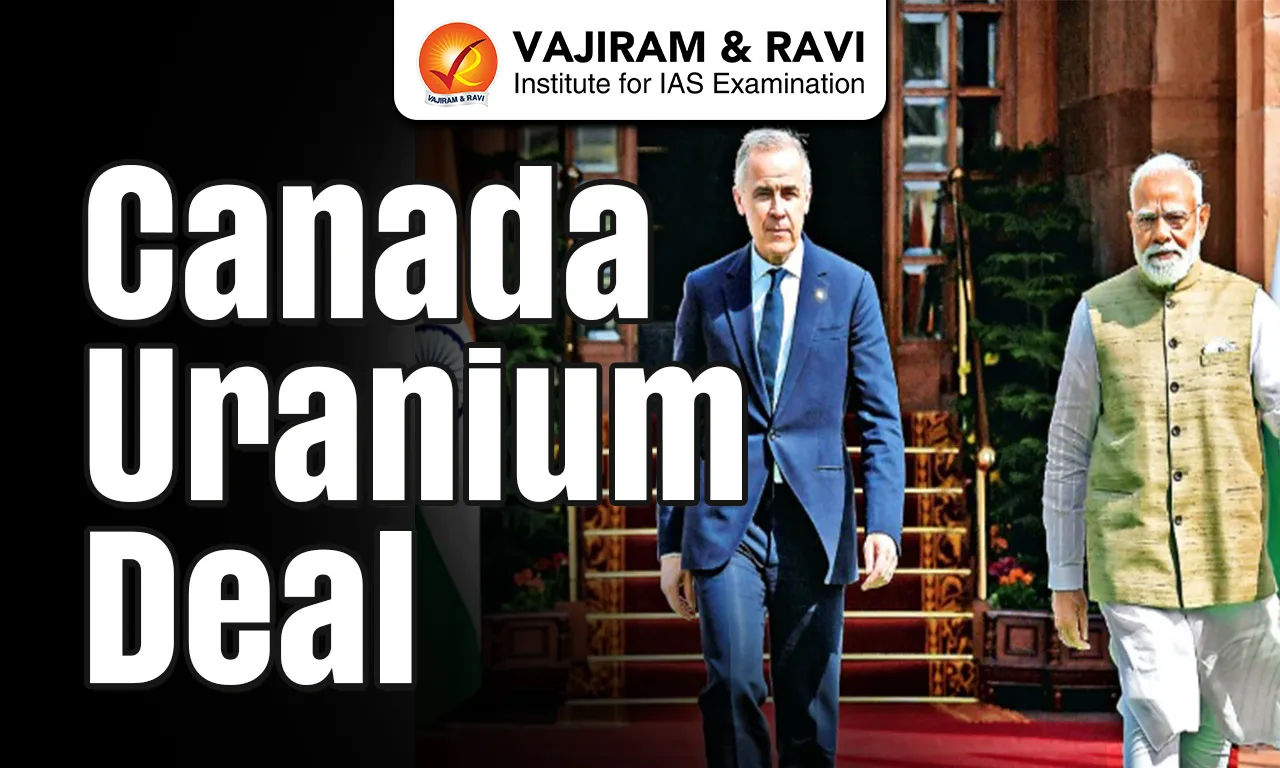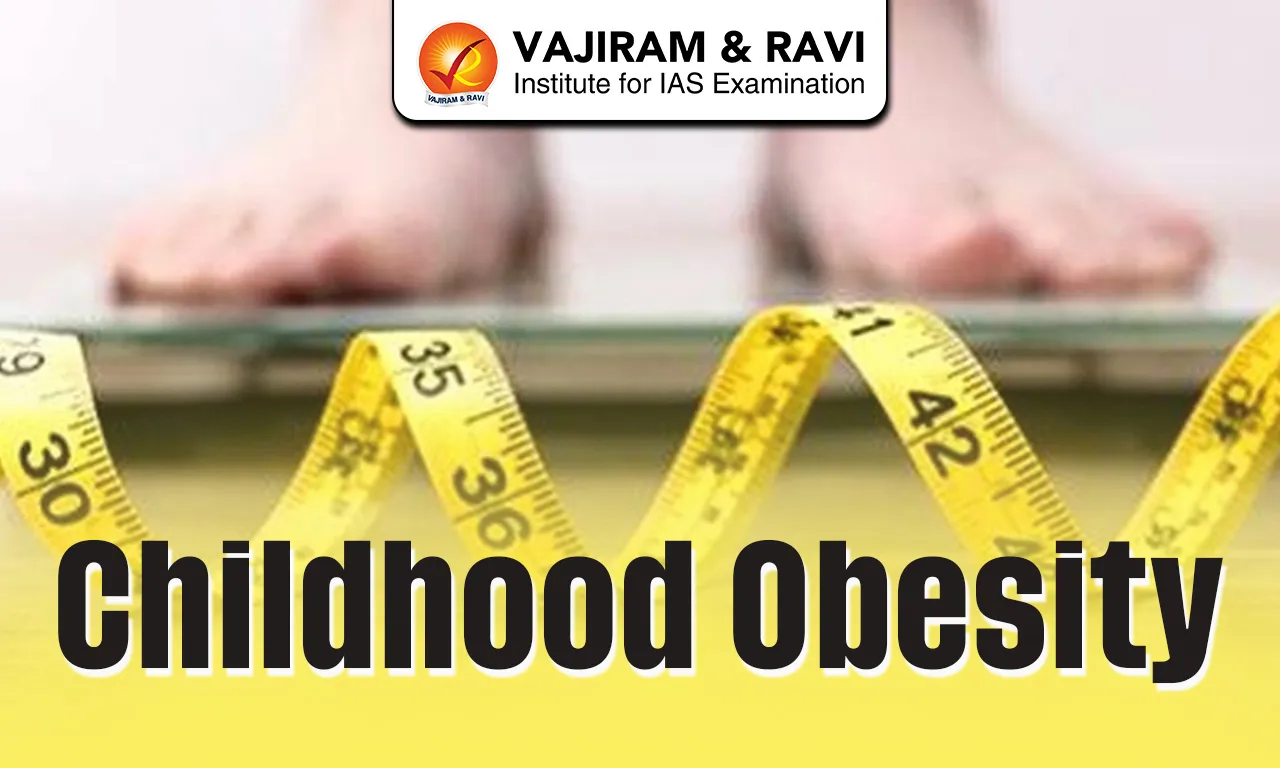AI and Copyright Latest News
- Recent U.S. court rulings — Thomson Reuters vs Ross Intelligence, Bartz vs Anthropic, and Kadrey vs Meta — have clarified that using legitimately acquired texts for training AI models may qualify as “fair use” under copyright law, especially when the output is transformative.
- However, the legality of using pirated data or the full impact on creative markets remains unresolved, leaving significant legal uncertainty around AI-generated content.
Copyright Challenges in AI-Generated Content
- Generative AI models sometimes replicate or closely resemble original copyrighted works, leading to legal and ethical concerns.
- The key legal question is whether training AI on such data and producing new content harms the original creator’s market or qualifies as “transformative use.”
- While some jurisdictions like the U.S. may consider it fair use, others like the EU and U.K. allow it under text and data mining exceptions.
- However, with AI often trained on large datasets scraped from the internet—including both copyrighted and public domain materials—the global legal consensus on copyright infringement remains unsettled.
Legal Uncertainty Around Databases and Generative AI
- The use of databases and published works for training generative AI models raises complex questions rooted in intellectual property law, contracts, and privacy norms.
- There is widespread legal ambiguity about whether training AI on IP-protected data and generating outputs from it constitutes infringement.
- Some countries allow exceptions for fair use, text and data mining, or temporary copying, but these exceptions vary and haven’t been universally tested in court.
- A major concern is the lack of harmonised global rules, which deepens the uncertainty around who owns IP rights in AI-generated content.
- This is particularly challenging in copyright law, which traditionally demands human authorship—a standard generative AI does not meet.
US Courts Back Fair Use in AI Training but Warn Against Piracy
- Two significant U.S. court rulings—one favoring Anthropic and the other Meta—affirmed that using copyrighted material to train AI models may qualify as fair use.
- In Anthropic’s case, Judge ruled that training AI using copyrighted texts is transformative, likening it to how writers learn from existing literature.
- However, he allowed the trial to proceed on the issue of using pirated data.
- In Meta’s case, Judge held that the plaintiffs failed to prove that AI outputs diluted the market for original works, thus ruling in Meta’s favor under the fair use doctrine.
- Both rulings offer legal protection to tech firms for AI training but underscore that piracy remains a legal risk and that mechanisms for compensating copyright holders are necessary.
Implications of AI Copyright Disputes for India
- The ANI vs OpenAI lawsuit is shaping how India’s intellectual property laws apply to generative AI.
- Under the Copyright Act, 1957, copyright holders have exclusive rights—such as reproduction and adaptation—which require permission unless exempt under Section 52’s fair dealing clause.
- Although India’s IP laws don’t explicitly mention AI, the prevailing view is that the existing legal framework is adequate to handle AI-related challenges.
- As a signatory to major global IP treaties, India recognises works by legal entities and provides civil and criminal enforcement, including safeguards against digital rights violations.
Source: TH
Last updated on March, 2026
→ UPSC Notification 2026 is now out on the official website at upsconline.nic.in.
→ UPSC IFoS Notification 2026 is now out on the official website at upsconline.nic.in.
→ UPSC Calendar 2026 has been released.
→ UPSC Final Result 2025 is expected to be released soon.
→ UPSC will release the UPSC Toppers List 2025 with the Civil Services final result on its official website.
→ Check out the latest UPSC Syllabus 2026 here.
→ Join Vajiram & Ravi’s Interview Guidance Programme for expert help to crack your final UPSC stage.
→ UPSC Mains Result 2025 is now out.
→ UPSC Prelims 2026 will be conducted on 24th May, 2026 & UPSC Mains 2026 will be conducted on 21st August 2026.
→ The UPSC Selection Process is of 3 stages-Prelims, Mains and Interview.
→ Prepare effectively with Vajiram & Ravi’s UPSC Prelims Test Series 2026 featuring full-length mock tests, detailed solutions, and performance analysis.
→ Enroll in Vajiram & Ravi’s UPSC Mains Test Series 2026 for structured answer writing practice, expert evaluation, and exam-oriented feedback.
→ Join Vajiram & Ravi’s Best UPSC Mentorship Program for personalized guidance, strategy planning, and one-to-one support from experienced mentors.
→ Check UPSC Marksheet 2025 Here.
→ UPSC Toppers List 2024 is released now. Shakti Dubey is UPSC AIR 1 2024 Topper.
→ Also check Best UPSC Coaching in India
AI and copyright FAQs
Q1. What is the main legal issue around AI and copyright?+
Q2. What did U.S. courts say about training AI models?+
Q3. Does India have laws for AI and copyright?+
Q4. What is the status of database use in AI training?+
Q5. What’s the global legal outlook for AI and copyright?+
Tags: AI and copyright mains articles upsc current affairs upsc mains current affairs


















